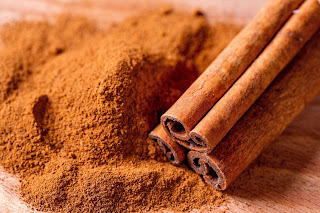taste and religion

Taste is such an important sense, it’s a great way to connect with one’s culture, religion and traditions. It’s also a way to learn and connect with other people and cultural experiences. Peoples preferred taste and preferred foods is highly connected to one’s culture, traditions and regional access. For example, people from tropical islands are going to have more fish and fresh fruits in their diets while people from cold, land locked countries will have more meats and grains in their diets. The like or dislike of certain foods was an evolutionary way of keeping us safe from eating poisons. But this has since evolved into a more complex sense since then. In the book “Religion in the Kitchen” Elizabeth Perez talks a lot about how food is highly connected to religion and traditions. She focuses closely on Afro-Caribbean religious experiences and how important the role of cooking is as a way to pray to their god or gods. on page 55 Perez mentions how writings and myths dictat








